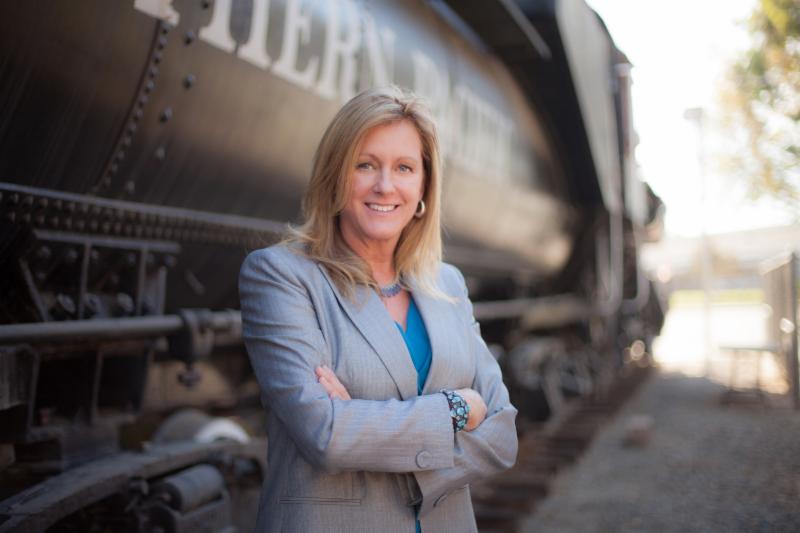MMC: How are you establishing a vision going forward? 
Vision is a sticky thing for a director. I could bring my vision to this and say "everyone out of the way, this is what we are doing." It's so much more fruitful to listen to everyone who wants to be involved and then base the vision on that.
With a government owned organization like the San Bernardino County Museum, there are so many stakeholders and such a long history. It's really important to reestablish connections in order to frame a vision. We have people who helped form the collection in the 1950s who are still involved. They have a memory of what the museum was that informs how they see the museum today. We have to connect them with newer people who need to be a part of us, as well. Some of the legacy perceptions don't fit the new paradigms of how museums engage in the world. At the same time, this museum is very specific to San Bernardino and it has a unique nature - we have to apply lessons learned in the broader museum field in a very specific way.
For instance, the museum started with some very academic collections and presentations - the content is valuable but the way it's presented is not engaging. We have to change that, and it will be disruptive for people who remember it a certain way. We have to maintain their emotional connections to the museum while opening minds about what they are going to see.
MMC: How are you working together (staff, County, public) to effect change?
I realized early on that we need to do strategic planning and interpretive planning in order to take action. My experience in fundraising has taught me that anyone who has touched this museum - members, donors, the media, public officials - all are important in the process of change. I have a stack of business cards, and I'm figuring out how to engage people in planning so they will continue to be advocates for the museum.
At the same time, this is my first job in government. I've had to learn about the County system and, as an outsider, I'm always questioning the way things are done. The County has forward thinking leadership and has been very supportive of the museum trying new and interesting things. So, both sides are learning from each other.
MMC: What means are you using to measure your success thus far?
In terms of numbers, our visitation has gone up this year. We are also reaching out to the media in a positive way. Before I joined the Museum, there had been some negative press coverage, and staff were shying away from the media as a result. I didn't come with that baggage, so I approached reporters and made sure they knew what was happening and why. The Museum has to be forthcoming with information, otherwise the media will fill the void. As a County asset, the Museum should be at the top of the "good news list." Other departments, just by their very nature, are more prone to dealing with hard news situations, or even sometimes bad news, and the Museum should not be one of those.
MMC: What has been your biggest surprise?
The number of people who have approached me and told me "I just love this Museum." When you come into a situation where there is turmoil, you get the idea that everyone has turned away, but people have held on to the Museum as a resource. I've met people at coffee shops, senior centers, and Rotary who share their stories with me. I've heard from people who have brought their kids here 40 years ago, and others who are working in technology because visiting the Museum as kids inspired their interest in science. We are the largest museum in a region of over 4,000,000 people. I think we forget that we have the potential to serve so many people, and that we have much to build on right now.